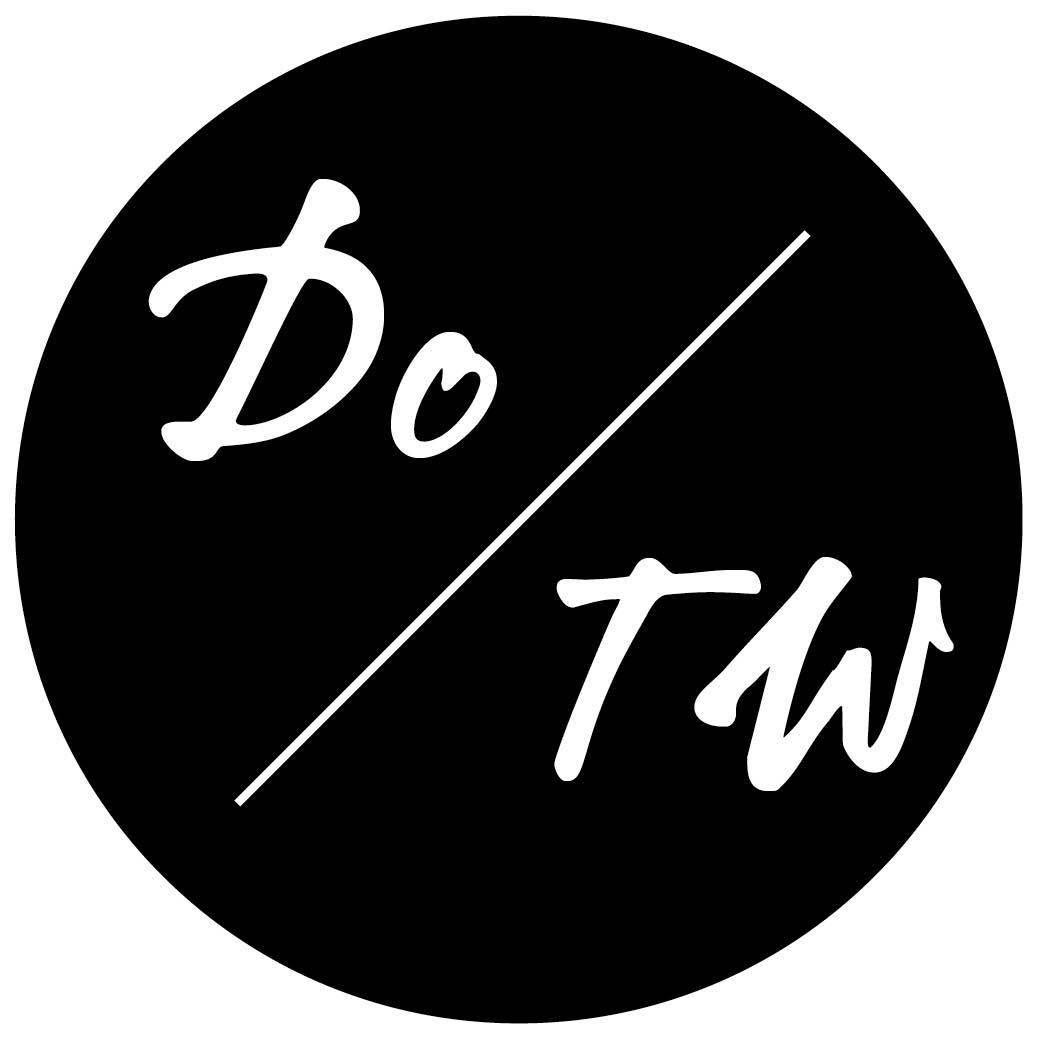My Short Formula for Writing Productivity Magic

It really all started, for me, with one travel writer.
You know the story. Writer has blog. Writer has blogged for some number of years. Writer makes cards boldly and proudly proclaiming the job title “travel writer and photographer.” Writer lands one or two gigs writing for other websites.
I don’t want to say recurring, because that implies assignments. These are the type of websites that you can write for when you want, because they don’t pay. But they do, of course, graciously allow you to use their names to land free stays.
There came a point, when I had known this writer for some time and had always assumed that freelance travel writing was the full-time (bread-winning) occupation of this writer and he had a flourishing business. Then, the writer told me about spending recent days filing papers in a law office as a temp.
Since, in my head, this person had always been a full-time travel writer, I assumed this was a temporary thing to save up some cash for something special, until I learned it was more of a 60 percent (plus) of the time deal.
There are some writers out there who are all about literary writing, the kind that can really only run in journals after an eight-month submission and review period and net a stipend, if not just copies.
There are other writers who have money from a previous profession and pursue their writing for the enjoyment of honing a new craft. Or to take trips they wouldn’t be able to afford otherwise.
There are many different ways to be the travel writer you have always envisioned you would be. But for this one writer, what was going on, the way that 60-plus percent of the writer’s time was being spent–filing in a law office–did not look like the vision.
I spoke with someone recently who is not a writer, but is building a new freelance business all this same about whether what he is actually doing with the bulk of his time reflects how he wants to create his vision. In this case, his business is to run live-action, escape-room-style games of his own design for corporate events. He’s done the games live in major settings like the Edinburgh Fringe Festival and has landed plum corporate clients.
But he told me that he struggles with knowing where the line is between playing board games or video games and deciding when it’s research and when it’s recreation.
I’m sure you have your own video games. They could be Instagram, or the lure of the easily-accessed news cycle (well, yes, I do need to now about what is going on in politics here or the recent unrest there–it informs my writing!), or flip-reader issues of magazines you’d like to pitch.
You know what it is for you–that thing that beckons your attention away from whatever would-be-nice-to-do-to-meet-your-life-goals work you’ve managed to shoehorn into your day or week or maybe once every other month.
Discover More Inspiration:
- Business Planning Doesn’t Work for Creatives (or Anyone Really). Here’s What to Do Instead
- The Only One Holding You Back Is You
- Why Do We Avoid the Simple, Easy Steps that ACTUALLY Move Us Toward Our Goals?
The second I feel that pull toward distraction, unnecessary email checking, or something simply more fun than what I’m doing now, I ask myself a version of a question that I have asked people in our coaching program before calls in the past:
“What are your three to five dream markets that you would feel like you’d reached the next level if you got an assignment with? (magazines or brands for travel content marketing assignments)
If you aren’t already working on pitching these, why not?”
(*In my case, I usually swap dream “markets” for projects or milestones.)
The key to that question is really the second half: “If you aren’t already working on pitching these, why not?”
People rarely answer it.
We’ve had 162 submissions of a pre-call form for these coaching calls in the past, and I can probably count on one hand the number of times the second half of that question has been answered.
But I never took it out.
Even if people weren’t going to tell me in the form, I wanted them to see it every month. Even if it plagued them. Even if they kept writing the same five magazine names in that line each month and not pitching them month after month.
It’s only after that–writing a goal that you believe is the pinnacle for you over and over and realizing that you are not structuring your time to make it happen in a clear, linear fashion–that we can usually start to get somewhere really exciting and inspiring.
That’s when we get to the moment of coming face-to-face with the question and its answer and saying, “Enough is enough. Do I want this or not? If I don’t want this, why am I telling myself I do? If I do want this, what is the path I can get on right now that will lead me there? It’s time.”
There is something beautiful about deeply simple, repetitive questions:
- What will I get done today?
- Why am I writing this?
- What did I do today?
- What worked well? What didn’t?
- What is the message you want readers to take from your writing?
Even if you don’t have the answer today, pick one that speaks to you–whether in a comfy or energizingly anxiety-producing way–and keep asking yourself.
Ask when you get to work in the morning or when you sit down at your own computer after your day job.
Ask when you feel the magnetic attraction of delightful distraction.
Ask when you stare at the blank page and don’t know what to write.
Keep asking until you are comfortable with giving answers that come true, and that are true reflections of what’s going on and your responsibility and willing participation in it.
Let us know what magic happens.
Want to Expand Your Expertise on This Topic?
Check out our info-packed video courses to go in-depth and quickly skill up. People have called them “a wealth of knowledge” and “invaluable tools,” and told us “you do an amazing job of helping people,” and “I am learning more from you than any other person.”
- Introduction to Business Systems for Freelance Travel Writers
- The Secrets of Six-Figure Travel Writers
- Freelance Fundamentals: Managing Collection
